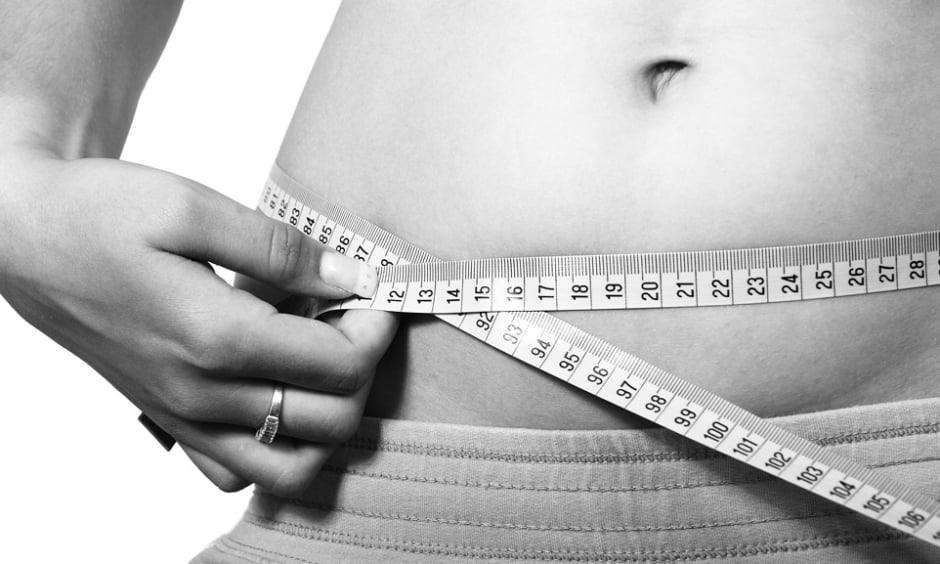MOLECULAR insights into why weight gain is more likely in people who have disrupted circadian rhythms, have chronic stress, and receive treatment with glucocorticoid drugs have been revealed by researchers from Stanford University, California, USA. The findings could lead to new strategies that involve controlling the timing of hormonal pulses to reduce weight gain.
Glucocorticoid Exposure
Glucocorticoid levels, which trigger precursor cells to convert to fat cells, rise and fall in a 24-hour circadian cycle. The team wanted to understand how fat cells normally turnover at the same rate and how this changes when there is disruption to the rhythm of the circadian clock.
Precursor fat cells grown in petri dishes were alternately bathed in fluids with and without the glucocorticoids, with total exposure to the hormones staying the same. Most of the cells differentiated following one pulse of glucocorticoids lasting 48 hours, while minimal differentiation was observed with shorter pulses with at least 12 hours between them.
Fast and Slow Feedback
Single-cell live imaging was then used over several days to track PPAR-gamma protein levels in thousands of individual cells while the precursors became fat cells to ascertain how the precursors sense the duration of hormonal pulses. These results indicated that the system uses fast and slow positive feedback to enable precursor cells to ignore the usual rise and fall of glucocorticoids, yet respond to long pulses.
Doubling of Fat Mass
In a mouse model, the team found that fat mass doubled following loss of the normal circadian rhythm for glucocorticoids, with only mice implanted with the hormone gaining weight despite eating the same amount as mice that were not. This was caused by the creation of new fat cells as well as the growth of existing ones. It was also discovered that no fat increase occurred if the glucocorticoid injections were delivered during normal circadian peak times.
Controlling Weight Gain
The study could aid the creation of new strategies for controlling weight gain in humans. Senior author Dr Mary Teruel, Stanford University, explained: “Since conversion of precursor cells into fat cells occurs through a bistable switch, it means you can control the process with pulsing. Our results suggest that even if you get significantly stressed or treat your rheumatoid arthritis with glucocorticoids, you won’t gain weight, as long as stress or glucocorticoids treatment happens only during the day.”
James Coker, Reporter
For the source and further information about the study, click here.








